Qatar Airways has launched a voluntary carbon offset programme for passengers in partnership with IATA and ClimateCare. The programme has been developed through IATA’s Carbon Offset Program, which aims to bring standardisation to airline passenger offset programmes and share best practice in the structure and implementation of carbon offsetting. The IATA programme has been independently audited and approved by the Quality Assurance Standard (QAS), which the airline body says is the world’s highest standard for carbon offsetting, with IATA being one of only four organisations worldwide to meet this standard. Contributions from the Qatar Airways programme will be directed to the Fatanpur Wind Farm project in India, which generates and supplies clean energy with a combined output of 108 MW to the Indian National Grid, avoiding around 210,000 tonnes of greenhouse gas emissions annually.
“We are pleased to be able to offer our customers the opportunity to offset the carbon emissions associated with their journeys with us,” said Qatar Airways’ Group Chief Executive, Akbar Al Baker. “As an environmentally responsible airline, our modern fleet of technologically advanced aircraft, together with our fuel efficiency programme, combine to optimise aircraft performance and reduce the environmental impact of flying. Our customers can now help to further minimise their environmental footprint by opting to contribute to our carbon offset programme.”
Customers can opt in when purchasing tickets through the Qatar Airway’s website and mobile application, with booking information, including information regarding the carbon offset programme, available in multiple languages. The airline assures customers the credits they buy are from projects delivering independently verified carbon reductions as well as wider environmental and social benefits.
QAS-approved offsets are checked against a 40-point checklist that includes emissions calculations, carbon reduction project selection and information provision. Carbon calculation uses ICAO methodology supplemented with actual airline carbon data. With certain limitations, approved offsets include UN CDM CERs, Gold Standard or VCS (version 2007 onwards) VERs and approved offsets based on land use employing sustainable REDD+ project methodologies.
The Fatanpur project consists of 54 wind turbines, installed in and around villages in the central Indian state of Madhya Pradesh. They displace electricity generated from fossil fuel sources from the Indian grid.
“We are pleased to be working alongside Qatar Airways and IATA to retire high quality, independently verified carbon credits on behalf of Qatar Airways’ customers who want to take responsibility for the environmental impact of their flight,” said Robert Stevens, ClimateCare’s Director of Partnerships. “Their support for the Fatanpur project not only reduces global carbon emissions, it also provides employment opportunities; delivers improved education through providing materials and expertise to nearby schools; and supports a mobile medical unit – enabling improved healthcare to the local community.”
ClimateCare has over 20 years’ experience working with public and private sector clients to fund sustainable development projects around the world, with offices in the UK and Kenya, and is currently ranked the top B Corp in the UK. B Corp is a global movement of 3,500 companies “that are using business as a force for good”.
Welcoming Qatar Airways to the IATA Carbon Offset Program, IATA Director General Alexandre de Juniac said: “There is no alternative to aviation when it comes to long-distance travel and carbon offsetting is an immediate, direct and pragmatic means of limiting the impact of climate change.”
Airlines that have been audited and are currently QAS certified include Mango Airlines, South African Airways, SriLankan Airlines, TAP Portugal and Thai Airways.


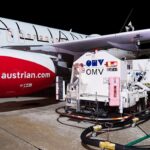

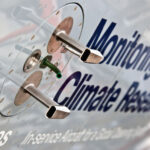



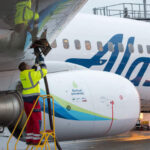
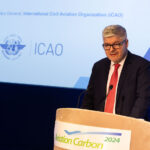
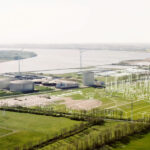
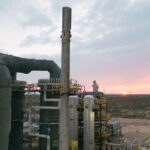

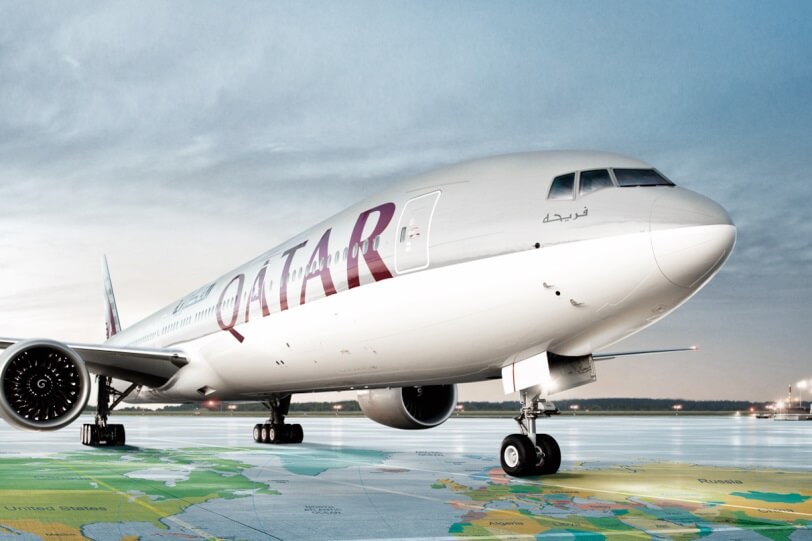

More News & Features
SITA teams with Arab airlines on developing technology to enhance flight sustainability
COMMENTARY: Airline industry faces carbon credit shortage in net-zero push
Azzera to provide carbon credits to P&WC operators and launches SAF software module
UAE announces 1% SAF blending target by 2031, with plans to supply other markets
Emirates and Shell in 300,000-gallon SAF purchase deal using Avelia book-and-claim
Emirates pledges to commit $200 million over three years to funding sustainable aviation R&D